Gardening has always been full of myths and folklore, but I’ve found that some of these old wives’ tales actually have surprising wisdom behind them. Passed down through generations, these bits of advice might sound a little odd at first, but there’s a reason so many gardeners swear by them.
Whether it’s a quirky trick to help plants grow or an unusual way to keep pests away, these tips have stuck around because they truly work. I’m excited to share some of the most fascinating gardening hacks I’ve come across—ones your grandparents might have used, but that can still make a real difference in your garden today.
1. Plant Marigolds to Repel Pests
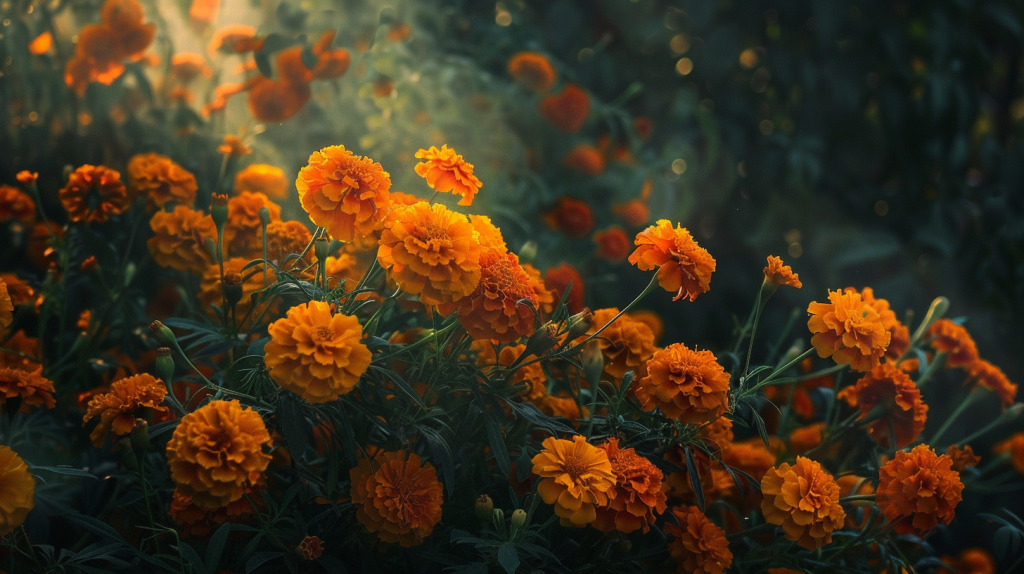
This colorful flower does more than just brighten up your garden. Planting marigolds around vegetables is said to repel pests, especially aphids and nematodes. The distinct smell of marigolds drives these insects away, protecting your more vulnerable crops.
2. Bury Fish Heads for Fertilizer

Burying a fish head under your plants might sound odd, but it’s actually packed with nutrients. Fish heads are full of nitrogen and trace minerals that boost plant growth. Many gardeners, especially tomato growers, use this method to ensure healthy, vigorous plants.
3. Water Plants with Leftover Cooking Water

Instead of pouring it down the drain, use the water left over from boiling vegetables to water your plants. This water contains nutrients like potassium and calcium, which can help strengthen your plants. Just make sure it’s unsalted!
4. Talking to Your Plants

It might sound silly, but talking to your plants could help them grow. While the exact science is debated, the carbon dioxide you breathe out while chatting with them could stimulate growth. Plus, regular attention helps you spot any early signs of trouble.
5. Use Crushed Eggshells for Pest Control

Eggshells aren’t just for compost. Crushed eggshells can be sprinkled around plants to deter slugs and snails. The sharp edges make it difficult for these soft-bodied pests to crawl over, keeping them away from your garden.
6. Epsom Salt for Greener Leaves

Epsom salt, rich in magnesium, is often used as a supplement for healthier plants. By adding a tablespoon to your watering can, you can help improve the absorption of vital nutrients, resulting in greener leaves and stronger roots.
7. Use Coffee Grounds to Enrich Soil

Don’t throw away your coffee grounds! Used grounds are rich in nitrogen and can improve your soil’s structure. They also help create an acidic environment, which is great for acid-loving plants like blueberries, azaleas, and roses.
8. Milk as a Natural Fungicide

Milk can work wonders in the garden as a natural fungicide. Mixing milk with water and spraying it on your plants can help prevent powdery mildew and other fungal diseases. It’s an eco-friendly alternative to chemical treatments.
9. Plant Garlic to Ward Off Pests
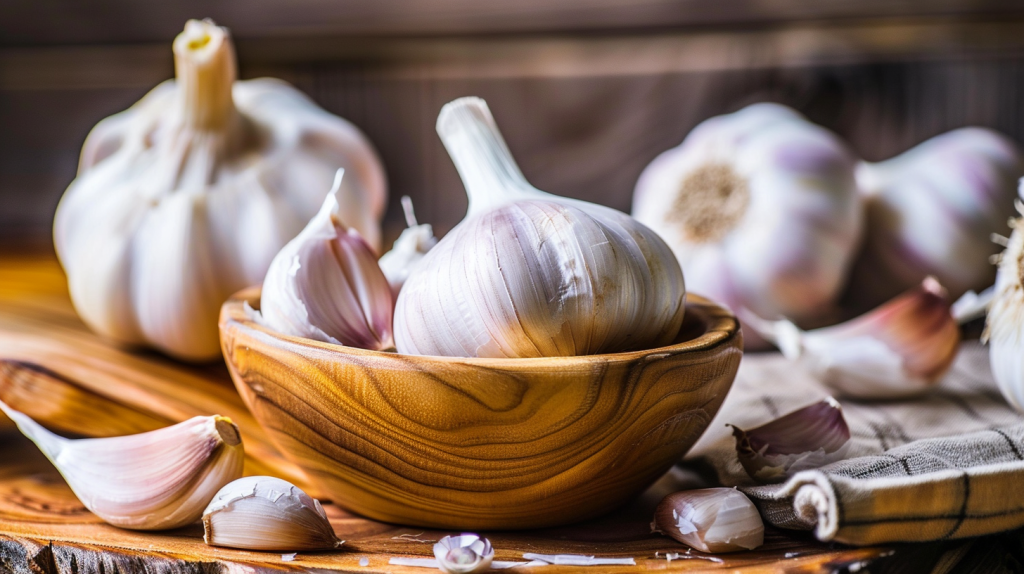
Garlic isn’t just a kitchen staple—it’s also a fantastic pest repellent in the garden. Planting garlic near other crops can help keep insects like aphids, beetles, and even rabbits at bay, thanks to its strong scent.
10. Use Beer Traps for Slugs
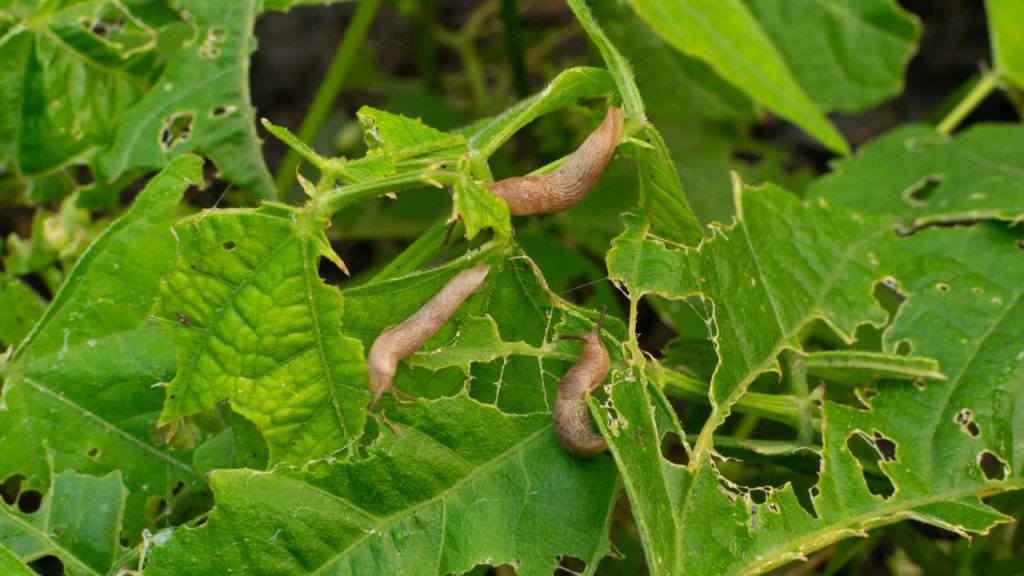
If slugs are a problem in your garden, an old trick is to use beer traps. Slugs are attracted to the yeast in beer, and once they crawl into the trap, they can’t get out. It’s a simple and effective way to keep them under control.
11. Match pH with Vinegar
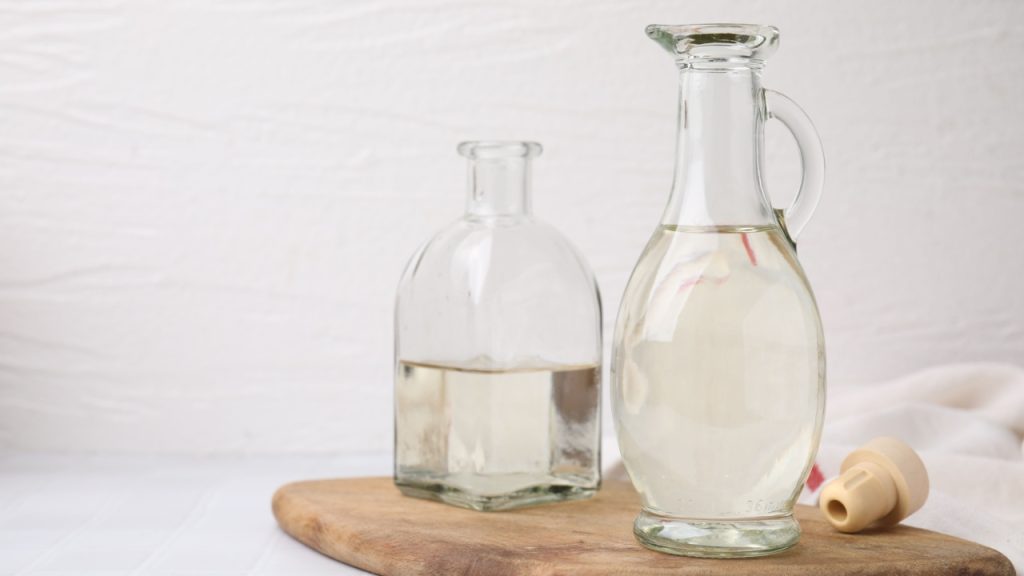
Need to know if your soil is acidic or alkaline? Vinegar can help. Mix a bit of soil with water and add vinegar; if it fizzes, your soil is alkaline. This quick test helps you know how to adjust your soil for the best plant growth.
12. Use Banana Peels for Roses

Banana peels are loaded with potassium, which can be a big boost for your rose bushes. Simply bury a peel near the base of your plant to help it thrive. The peels decompose quickly, releasing nutrients directly into the soil.
13. Cinnamon for Seedling Health

If your seedlings are suffering from “damping off” (a common fungal problem), cinnamon can help. Sprinkling cinnamon on the soil acts as a natural fungicide, keeping those delicate new plants healthy as they sprout.
14. Use Hair Clippings as Mulch

If you’re looking for an organic mulch to keep pests away, human hair can do the trick. Hair clippings not only deter deer and rabbits but also slowly break down, adding nitrogen to the soil. Just scatter them around your plants!
15. Grow Tomatoes with Baking Soda

Sprinkling a bit of baking soda around your tomato plants can lower soil acidity, resulting in sweeter tomatoes. While it won’t drastically change your soil’s pH, it can give your tomatoes a nice boost in flavor.
16. Vinegar to Clean Garden Tools
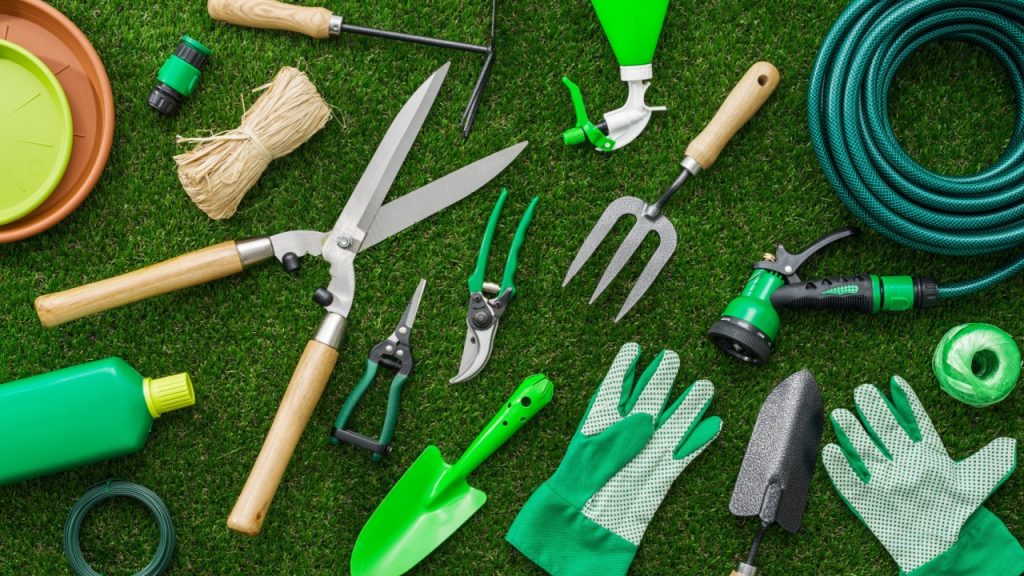
Keeping your tools clean is essential for preventing disease spread. Soak your garden tools in a vinegar solution to remove rust and grime. This will keep them sharp and prolong their lifespan, saving you money in the long run.
17. Plant by the Moon

Many old-time gardeners swear by planting according to the lunar phases. The idea is that the moon’s gravitational pull affects water in the soil, just as it influences tides. While there’s little scientific proof, some gardeners believe this method leads to better crop yields.
18. Potato Water for Plant Growth

Next time you boil potatoes, don’t throw out the water. Potato water is rich in starch, which can promote strong plant growth. Once it cools, pour it on your garden beds for an extra nutrient boost.
17 Old Wives’ Tales That Are Actually True
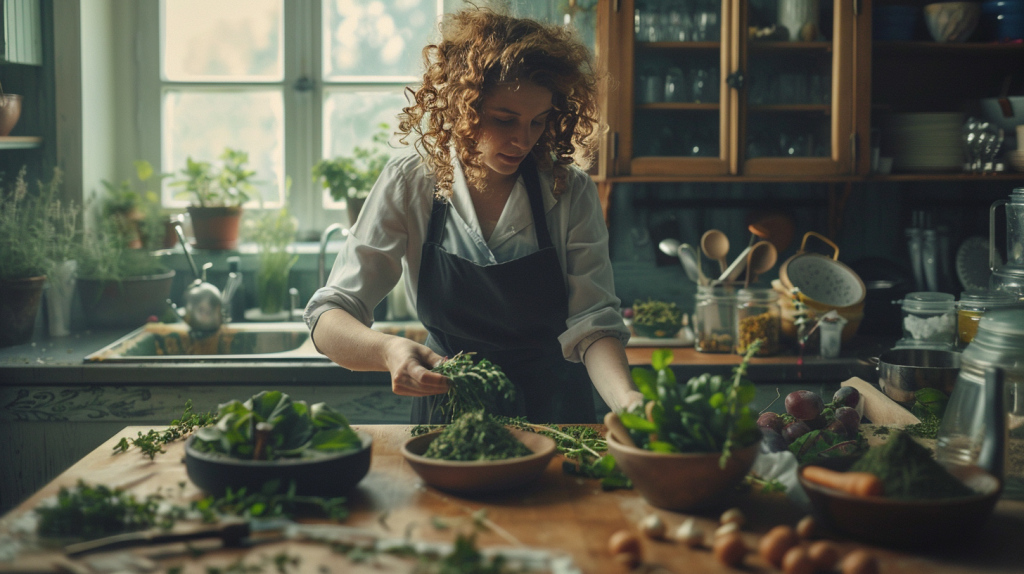
Old wives’ tales have been passed down through generations, often dismissed as mere superstition. However, many of these age-old beliefs are rooted in truth. From health tips to weather predictions, these stories from the past can surprise us with their accuracy. Here are 17 old wives’ tales that are actually true.
Read More: 17 Old Wives’ Tales That Are Actually True
Ellen has been obsessed with logic puzzles, jigsaws, and cryptograms since she was a kid. After learning she was taught how to play chess wrong by a family friend (so they could win), she joined her school chess club and the rest is history.


